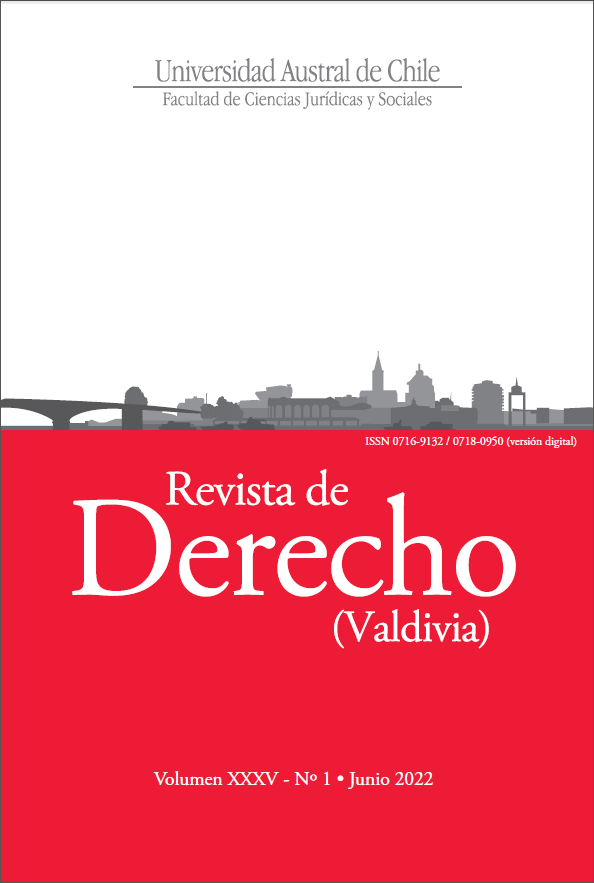The common intent as a limit of good faith in the construction of implied terms in contracts
Main Article Content
Abstract
This article explores the limits of good faith in the construction of implied terms in contracts. It is contended that these limits are inherent to the construction of implied terms, whose function is to fill up gaps in the contract. Accordingly, good faith can never be the source of the main contractual obligations, but only of secondary or ancillary obligations, which can never alter the function of the contract as a whole or contradict any express term of the contract. This means that whereas good faith, as a general regulatory contractual principle is in itself non waivable, the implied terms extracted with its help can be determined and altered by agreement of the parties, in line with their particular interests involved in the contractual bargain.


 http://orcid.org/0000-0002-6116-4450
http://orcid.org/0000-0002-6116-4450